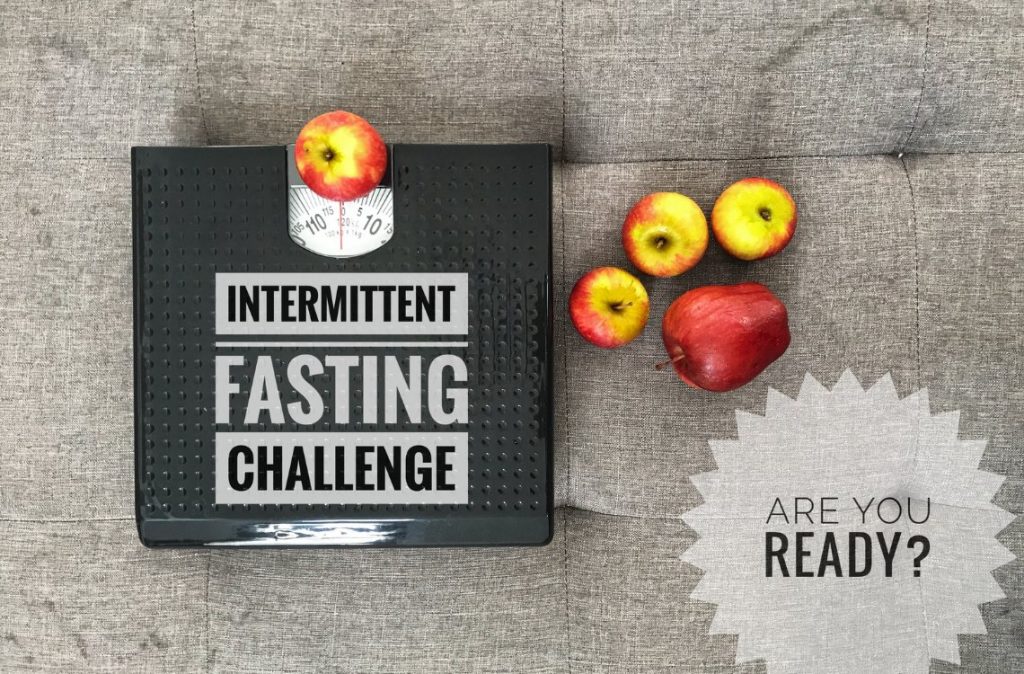Intermittent fasting (IF) is also referred to as “therapeutic fasting”, a method which you limit or no food intake during a certain period of time.
IF can be several methods which are 12/12, 16/8 or 18/6. For example, 12/12 is you have a 12 hours eating window and 12 hours fasting window.
However, during fasting intake of low calories food such as water, coffee or soup are permissible.
IF is currently a popular diet method in the western world. However, this is nothing new. Because many religions in the world have been practising fasting since centuries ago.
For example, Buddhism, Hinduism and Islamic religion have encouraged its believers to practice fasting.
For religious individuals, they believed that fasting can bring many benefits to health. But does science support this?
Fasting & It’s Health Benefits
Recently, many doctors and health practitioners would suggest intermittent fasting as an alternative therapy for their patients especially the diabetics.
This is because they too believed that body’s healing can happen not only via medicine alone.
There was a saying that disease begins from the stomach. Therefore, religious practices believed that taking care of the stomach can reduce risks to diseases; in which, by fasting.
Fasting empties the stomach, allowing our body to use the energy from the fats stored in the body. Interestingly, fasting is not about religion anymore.
In fact, in the modern world, it is widely practised and supported by science.
Here is what the science says:
Scientific studies proved that fasting can provide many benefits to our health.
-
Intermittent fasting helps in weight loss
Our body uses sugar as the main source of energy. Sugar was converted from carbohydrates from our food, whenever we eat. However, in fasting mode, our body will use the stored fats instead.
Fat cells will be metabolized and released the stored sugar to be used as energy. Thus, this mechanism will reduce the fats in the body and promotes weight loss.
-
Intermittent fasting helps in diabetes
A study published in the Journal of Metabolism discussed the effect of fat accumulation in cells and insulin sensitivity.
Note that the pancreas is the organ that releases insulin, a hormone that regulates blood sugar. This study found that fat mice have high-fat accumulation in the pancreatic cells that cause it to be less effective in releasing insulin. Hence, via fasting the fat accumulation was reduced and improved blood sugar regulation.
-
Intermittent fasting promotes healthy ageing and longevity
There was a recent study by the New England Journal of Medicine suggesting that IF for 16 to 18 hours can promote better health and longevity.
This is because fasting promotes weight loss and reduces the risk of diseases. Well, this could be due to the fat metabolism occurring during fasting, thus it also helps with detoxing old cells and promoting new cell development. Therefore, it indirectly will help to promote a better immune system.
There is too much evidence to include here, but enough to know that intermittent fasting can be very promising in improving health status in individuals.
For the first-timer, the word “fasting” can sound like torture. Yeah, it is for the first week of fasting regime.
Science explains that our body will take time to adapt to the new routine for about 1 week to 1 month. Then, your body will get used to it.
Combine Intermittent Fasting with a Healthy Diet
In keeping a healthy lifestyle and maintaining an ideal weight, why don’t you adopt this IF method?
While the result is promising, it would be better if we could combine it with a healthier choice of food such as the Mediterranean diet, eating more plant-based food and avoid snacking on sugary and salty food.
You can learn more tips on weight loss here, Pro tips to weight loss! – Epid Et cetera
We all desire a healthy body. But can we commit to a healthy way of living?
Stay tuned with Motherhood Story to learn more about healthy lifestyle and parenting.
Disclaimer: The information provided in this article is for informational purposes only and should not be considered as medical advice from Motherhood. For any health-related concerns, it is advisable to consult with a qualified healthcare professional or medical practitioner.
For more insightful stories and fun recipes, stay tuned to Motherhood Story!
